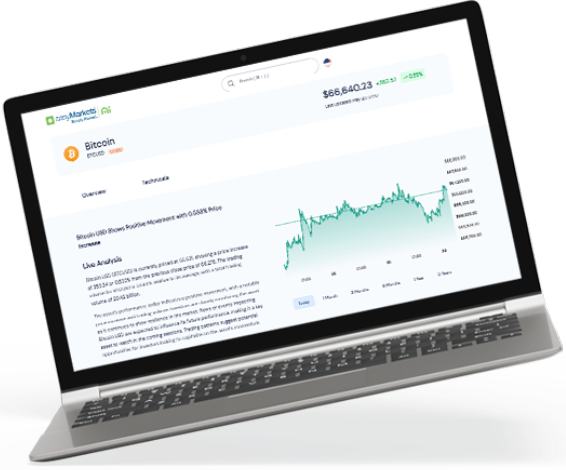Nvidia Returns to China as Trade Environment Shifts

Published on 12.08.2025
In a strategic development for the global semiconductor industry, Nvidia has resumed sales of its H20 AI chips to China, following reassurances from the Trump administration that it would be granted export licenses. The move marks a significant recalibration in US - China tech relations and reopens access to one of the world’s largest markets for high-performance computing.
The H20, while not Nvidia’s most advanced chip, was initially designed to comply with Biden-era export regulations, and allow the tech giant to continue limited chip sales to China without violating US export rules. However, H20 was later swept up in broader Trump-era restrictions aimed at limiting China’s access to critical semiconductor technology from supporting China’s military, surveillance systems, and AI development: areas seen as potential national security risks.
The current reinstatement signals a shift towards more selective export controls, still targeting advanced technologies whilst allowing limited, lower-performance sales to continue, balancing commercial opportunity with geopolitical caution.
A strategic market re-entry
China’s demand for AI hardware remains strong, driven by heavy investment in data centres and computing infrastructure, as part of a national push for technological self-sufficiency. Nvidia’s re-entry restores a valuable growth stream and reinforces its global leadership in GPU-based AI processing.
The company’s renewed access arrives at a time when cross-border tech flows are under intense scrutiny. Yet, this clearance suggests there is still space for controlled cooperation, even as broader tensions still exist.
Signs of easing tensions
Nvidia’s announcement aligns with broader signs of easing US - China trade friction:
- In May 2025, both governments agreed to a temporary tariff truce, with ongoing negotiations toward a longer-term framework.
- The US has since eased restrictions on chip design software firms operating in China.
- Nvidia CEO Jensen Huang recently visited China, meeting with US and Chinese officials to discuss responsible AI development and reinforce the company’s commitment to US jobs and innovation diplomacy.
These developments point to a more selective and strategic approach to tech policy between the US and China: one where national security concerns coexist with economic interdependence.
Looking ahead
While Nvidia is only permitted to sell lower-tier chips like the H20, the strategic implications are clear: selective tech trade remains viable, allowing Nvidia to retain market access whilst aligning with US policy limits.
With China investing heavily in AI investment and global trade tensions seeming to stabilise, Nvidia’s re-entry into the Chinese market could support a potentially stronger performance in H2 2025.
This move gives investors a window into the direction of US-China tech policy, and could reignite momentum in the semiconductor space.




































